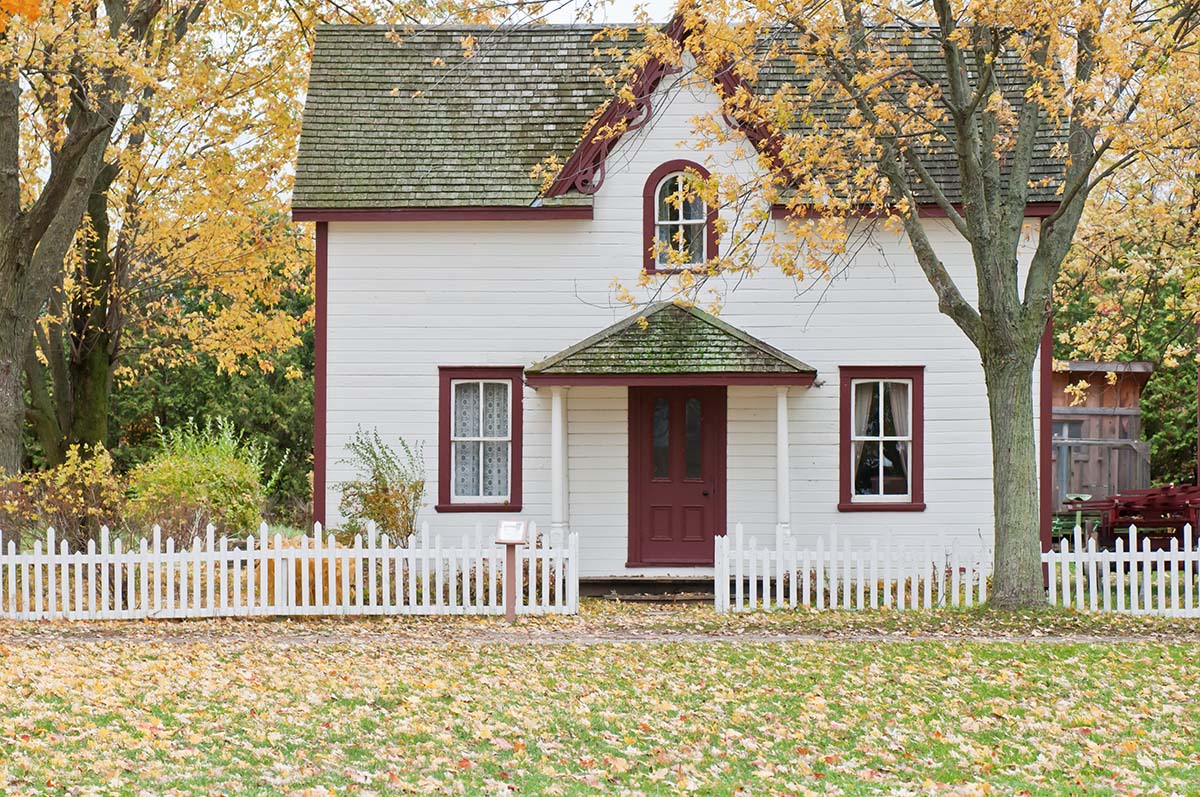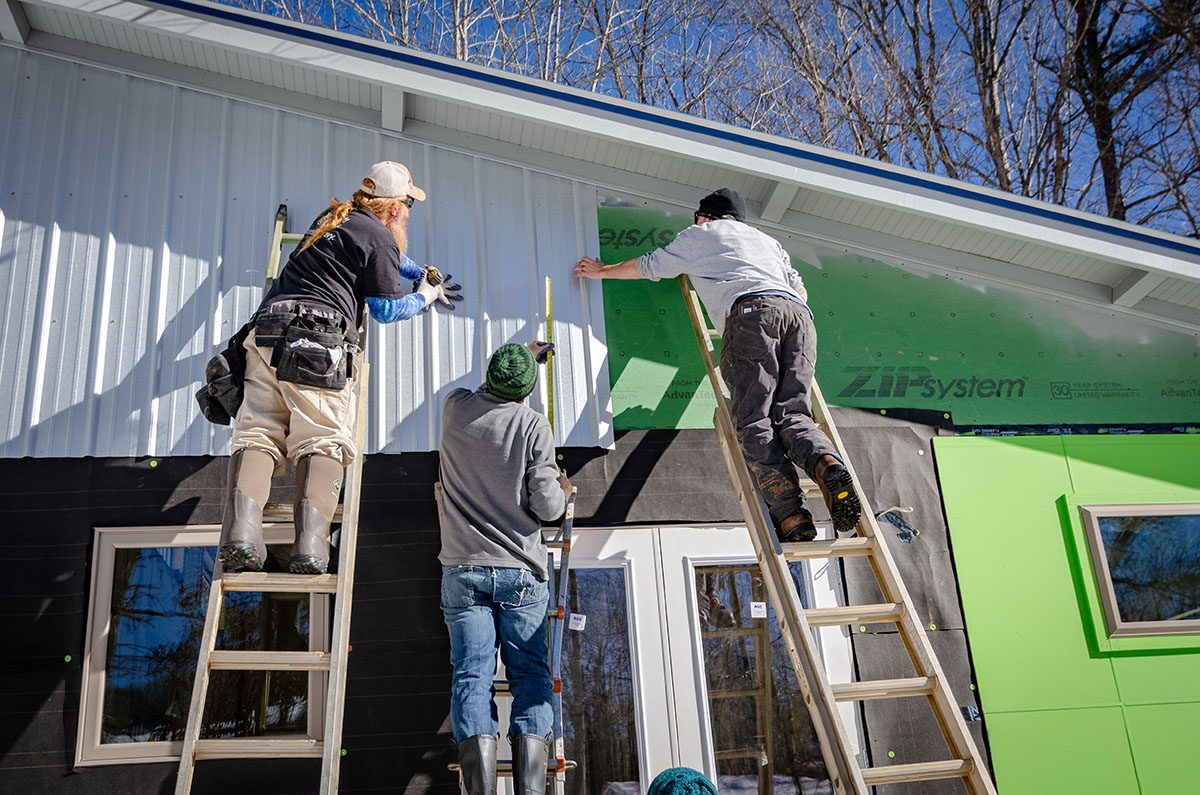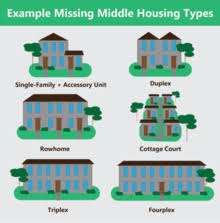
For real estate investors, property taxes are a major cost of doing business. This is especially true for investors with properties that are growing in value as these real estate taxes are calculated based on how much your property is worth. Local governments assess the value of your property and calculate your tax obligation based on that amount; the percentage varies depending on local rules and laws. Some jurisdictions are known for more costly taxes, while others have relatively low rates. If you’re looking out for tips on how to reduce property taxes, here are some of them you can use regardless of your location or the value of your property.
Why Property Taxes Fluctuate Up and Down
 The revenue local governments receive from property taxes goes to fund services like public education, town services, recreational activities, police and fire departments and other city functions. In general, property taxes go up over time as the value of the property rises. As an ad valorem tax, property taxes are based on what your real estate is worth. Even when real estate is fully owned, with no mortgage on the property, these taxes are still due on an annual basis.
The revenue local governments receive from property taxes goes to fund services like public education, town services, recreational activities, police and fire departments and other city functions. In general, property taxes go up over time as the value of the property rises. As an ad valorem tax, property taxes are based on what your real estate is worth. Even when real estate is fully owned, with no mortgage on the property, these taxes are still due on an annual basis.
The municipality’s effective property tax rate is multiplied by the assessed value of your property when levying the annual property tax assessment. Property taxes can go up when rates are raised due to a special assessment of some kind, and they can go down when rates are lowered or when the assessment of a particular real estate parcel changes. While property taxes are not very popular with most real estate owners, the services they fund are valued by the majority of residents. Property tax “revolts” are most often kicked off after a sharp escalation in the valuation of assessed real estate rather than increased tax rates as such.
What That Means for You
 As a real estate investor, you need to calculate property taxes as a major cost for your business. While the desirability and value of your investments certainly benefit from attractive and reliable public services that can make a destination more appealing to buyers and tenants, increasing property taxes can substantially cut into your profits. This is especially true if you have invested in areas that are developing rapidly and becoming more valuable. As the value of your investment rises, so does your property tax bill.
As a real estate investor, you need to calculate property taxes as a major cost for your business. While the desirability and value of your investments certainly benefit from attractive and reliable public services that can make a destination more appealing to buyers and tenants, increasing property taxes can substantially cut into your profits. This is especially true if you have invested in areas that are developing rapidly and becoming more valuable. As the value of your investment rises, so does your property tax bill.
Therefore, you have an interest in keeping your property taxes as low as possible. There are a number of strategies that you can pursue as well as key tips to make sure that your assessment is fair and accurate. You can also make sure to take advantage of all the relevant exemptions that may be available to you under the law.
We’ll go into more detail below about different tricks and tips on how to reduce your property taxes bill, but some primary points are:
-
Making sure that your property tax assessment is similar and proportionate to other assessments in your neighborhood.
-
Accompanying the assessor during their visit to the property, including an indoor tour
-
Avoiding improvements to the property immediately before the assessment and scheduling your renovations accordingly
-
Investigating legal exemptions and loopholes to lower your property tax assessment
Five Tips on How to Reduce Property Taxes
Get to Know Your Tax Bill
It is important to get to know the tax bills for your properties. If you invest within multiple municipalities, the tax calculations may be different, even if two municipalities border one another. The tax authority in each municipality changes tax rates based on state law. In some states, the tax rate, also known as millage, changes each year, while in others, it rises or drops every few years.
 The local government employs assessors to evaluate the market value of the real estate, including the land and any structures on it, for its taxable value. Some municipalities have a property tax value that is equivalent to market value, while in other cases, it is a percentage of market value. The property tax bill is calculated by multiplying the millage by the assessed value.
The local government employs assessors to evaluate the market value of the real estate, including the land and any structures on it, for its taxable value. Some municipalities have a property tax value that is equivalent to market value, while in other cases, it is a percentage of market value. The property tax bill is calculated by multiplying the millage by the assessed value.
You can request your tax records from each municipality where you own property. The assessor’s office has tax cards on file. They present the history of your property over time as well as other factors addressed by the assessor. These include the size of the property, sizes and quantities of rooms in the structures, fixtures in the structures, and improvements and renovations over time.
There may be discrepancies between the information represented on the tax cards and the real state of your property. You may need to seek a correction or request a reassessment. If you find a mistake, the local government is required to make a correction, and this could reduce your property tax bill.
File a Property Tax Appeal
If you have already checked for errors and are still paying too much, file an appeal of your property taxes. Assessments generally take place in the 3-6 months between updated millage rates and the issuance of new tax bills. In larger counties, this may happen every 2 to 3 years, rather than annually. In many cases, the assessed value is based on market values of similar properties, inflation in the area, and comparable sales rather than the specifics of your property. This may lead to an unfair or inapplicable assessment that you can challenge through a property tax appeal.
In general, you’ll want to work with a real estate or tax attorney for the appeal. Make sure to file your appeal in a timely manner and comply with the rules of the court. While you can’t file an appeal to reduce the millage, you can appeal against the assessment of the value of your property. Of course, the appeals board may uphold the original assessment, but you may be able to compel a new, fairer assessment.
Apply for a Homestead Exemption
 A homestead exemption can be used as a tip on how to reduce property tax rates on one specific property. In most cases, to be eligible for a homestead exemption, the property must be identified as your primary residence, or “homestead.” In most states and counties, a homestead exemption reduces the school tax portion of your property tax bill.
A homestead exemption can be used as a tip on how to reduce property tax rates on one specific property. In most cases, to be eligible for a homestead exemption, the property must be identified as your primary residence, or “homestead.” In most states and counties, a homestead exemption reduces the school tax portion of your property tax bill.
The exemption may apply to a different proportion of the assessed value of your home, depending on your state. In Michigan, a homestead exemption means that the property owner does not have to pay the millage for local school districts. In California, the first $7,000 of assessed value is exempt from property taxes. Other states use a proportion of value to exempt from assessment, while still others have an income cap on eligibility.
Apply for State/County Related Tax Rebates
Various states and counties provide specific tax rebates that allow for people who meet certain criteria to be exempted from property taxes or receive certain reductions. The homestead exemption, generally governed by state, is one such example. Others may include tax rebates for senior citizens, first-time homeowners, or veterans.
In California, senior citizens may take advantage of Propositions 60 and 90; these allow you to transfer the assessment of your current home if you sell it and move to a new property that’s worth the same amount or less. This is important because, in California, property tax assessments are performed at the time a new home is purchased and then can only rise at 2% annually, regardless of changes in the market. Under this rule, you can transfer your current assessment as long as the new home is purchased or built within two years of the sale of the current property. Like the homestead exemption, this is only valid for a primary residence and not a second home.
Avoid Renovations, Especially Just Before Assessments
 When you renovate your property, the value tends to go up. Of course, as an investor, you want to increase the attractiveness and utility of your real estate. However, avoid exterior renovations when the time period for assessments in your county is scheduled to arrive. External improvement and large projects that require permitting will raise the value of the property and therefore, the taxable assessment. Smart scheduling can postpone a tax increase.
When you renovate your property, the value tends to go up. Of course, as an investor, you want to increase the attractiveness and utility of your real estate. However, avoid exterior renovations when the time period for assessments in your county is scheduled to arrive. External improvement and large projects that require permitting will raise the value of the property and therefore, the taxable assessment. Smart scheduling can postpone a tax increase.
Hopefully, there were enough tips on how to reduce tax property taxes to help you with another investment. Check out our other blogs to get more insight on real estate and finance on property investment.






0 Comments